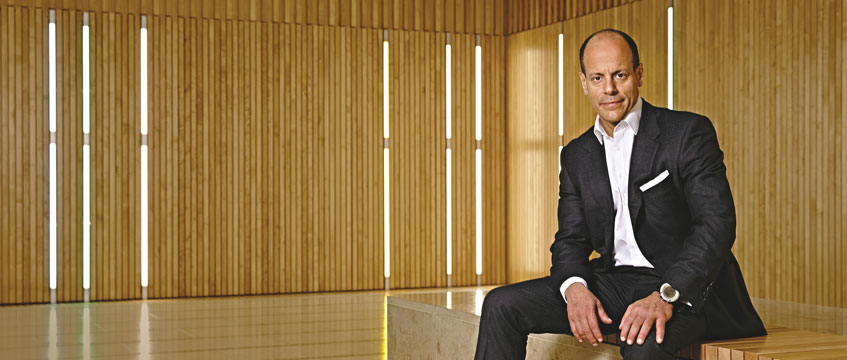Covid-19 may be dominating the agenda, but climate change is still the greatest challenge the property industry faces, according to Savills.
What the global pandemic has shown is that the response and decision making from government and the industry can be swift and include taking decisions they would never have considered before, Sophie Chick, director, world research at Savills, said during a webinar for the agent’s latest Impacts report.
“So now this innovation and this decision making needs to be turned to the climate crisis to address the emissions of the sector,” she added.
Many governments have introduced policies to tackle climate change, such as India’s energy conservation code for housing, but greenhouse gas emissions still need to be radically reduced to meet the Paris Agreement target of keeping the increase in the global average temperature to less than two degrees.
Real estate will inevitably come under scrutiny as it accounted for 39% of carbon emissions in 2018, a 2% increase on 2017, and it is predicted that global building stock is set to double by 2050.
“What’s positive for real estate a large number of global players are putting sustainability at top of their strategy,” Chick said.
Technology and innovation
While attitudes differ from country to country and even city to city, technology and innovation will be key to real estate combating climate change.
This includes modern methods of construction, which although not new, does improve energy efficiency and generates significantly less waste, Savills said.
Sweden tops the list of countries embracing MMC, with 45% of homes estimated to have been built off-site, while the UK lags behind, using MMC to build up to an estimated 10% of its homes.
The use of MMC forecast to increase in many countries as it also addresses other issues the sector is facing, including labour shortages for construction and the need to build more homes more quickly due to a chronic undersupply.
Smart buildings will also have an increasingly bigger role to play in lowering emissions from real estate as they help owners understand how they are operating, enabling them to change how a building is managed to achieve efficiencies and reduce emissions, Savills said.
In 2019, around $44bn (£36bn) was invested into start-ups focused on real estate tech, up from $10bn in 2016, which Chick said was “positive news” and she expects to see more innovation, particularly for tackling climate change, to come out of this.
To send feedback, e-mail louise.dransfield@egi.co.uk or tweet @DransfieldL or @estatesgazette











